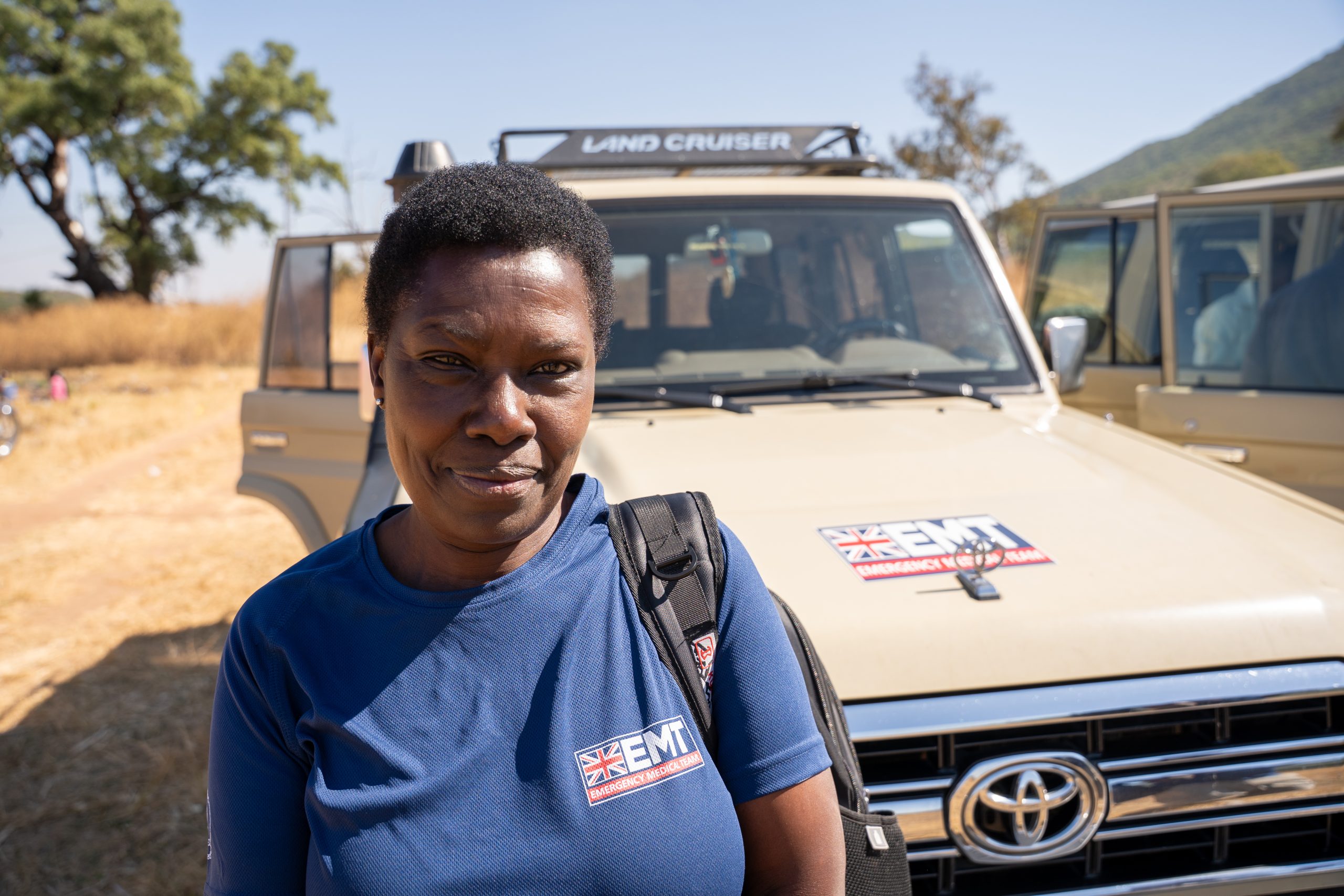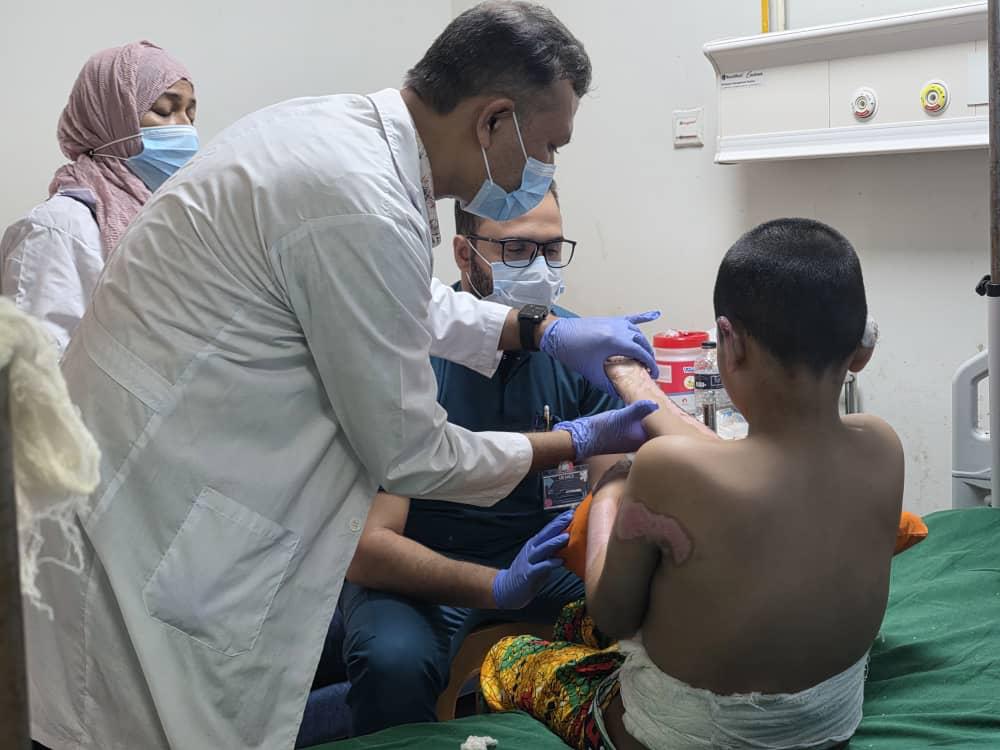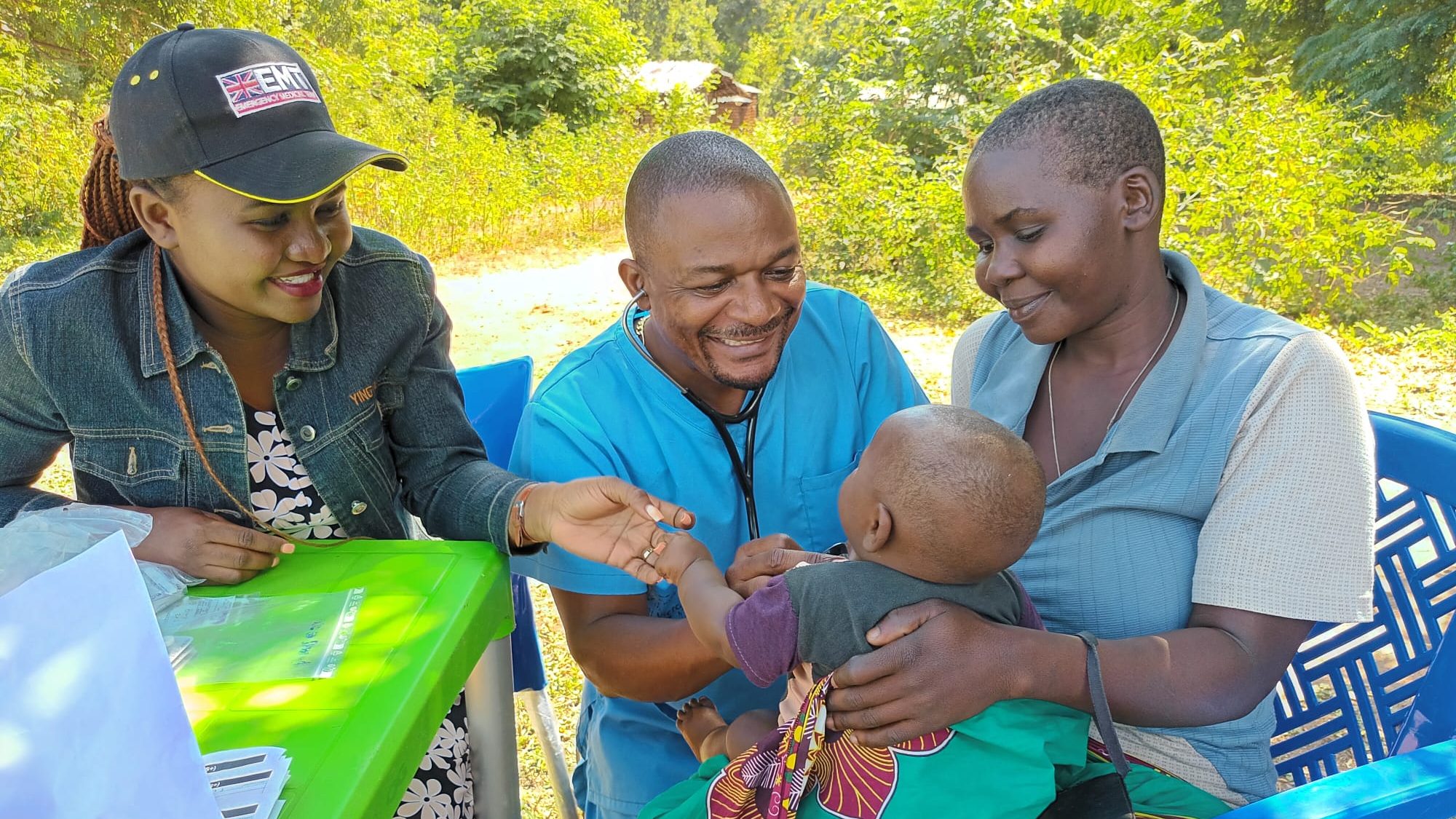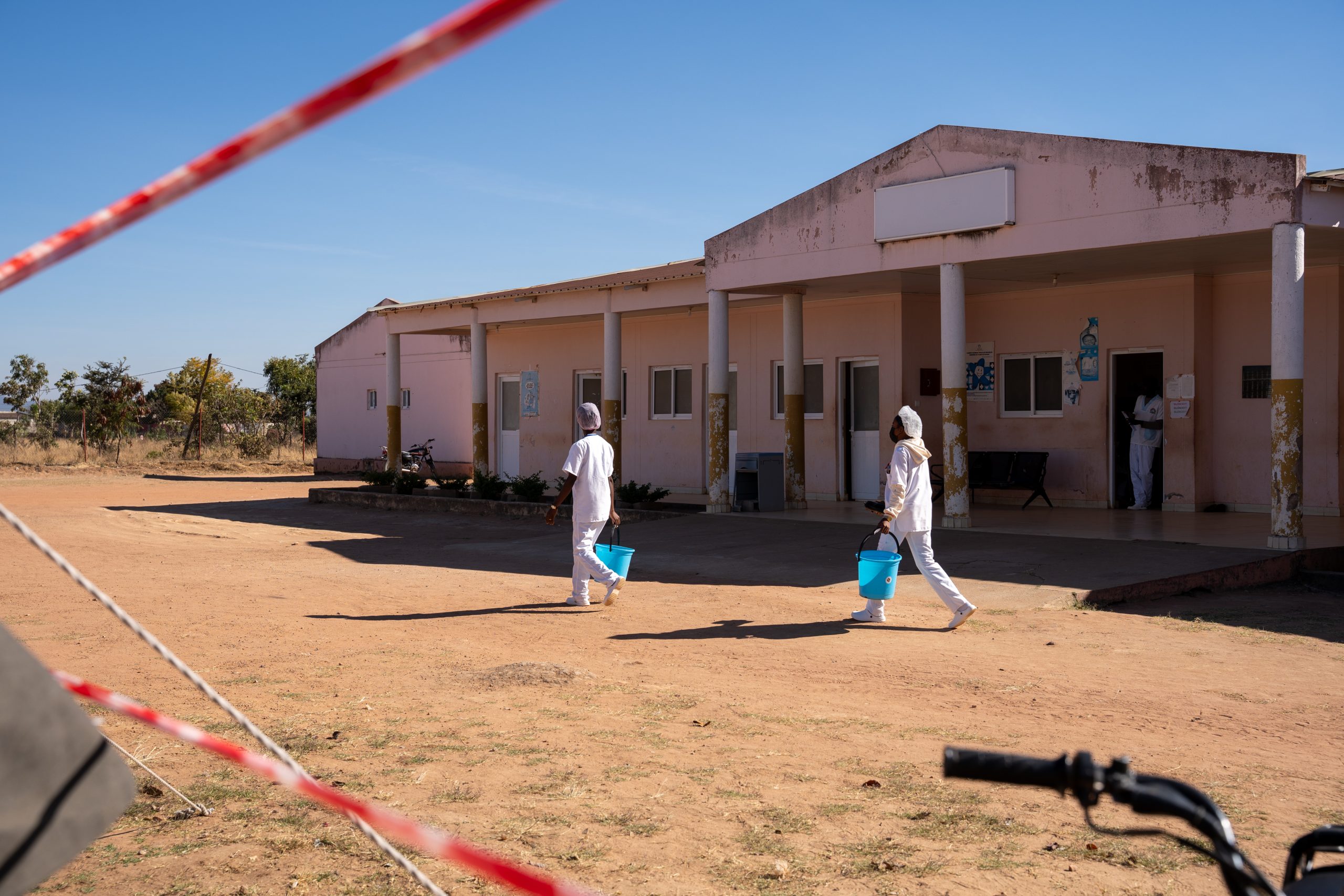
Following the cholera outbreak in Angola ongoing since January 2025, UK-Med sent out a scoping team to map out the cholera related healthcare needs and ways to support the response. On completion of the assessment, the UK Government requested the UK Emergency Medical Team (UK EMT) to respond and deliver capacity building activities and on-the-job training to upscale capability of cholera treatment centres (CTCs) and small oral rehydration points (ORPs) and support the efforts related to water, sanitation and health (WASH) systems.
1. What sparked the health crisis?
Since January to July 2025, Angola has been experiencing a substantial cholera outbreak, with over 750 deaths and 27,234 cases, 14% being children under 5 years old. The outbreak spread rapidly in 18 of Angola’s 21 provinces, affecting individuals of all age groups across 152 municipalities in country.
Cholera is an acute diarrheal infection caused by consuming food or water contaminated with the bacteria, vibrio cholerae. It is primarily associated with a limited access to sanitation and safe drinking water and can cause severe acute watery diarrhoea, resulting in significant morbidity and mortality, affecting both adults and children if left untreated.
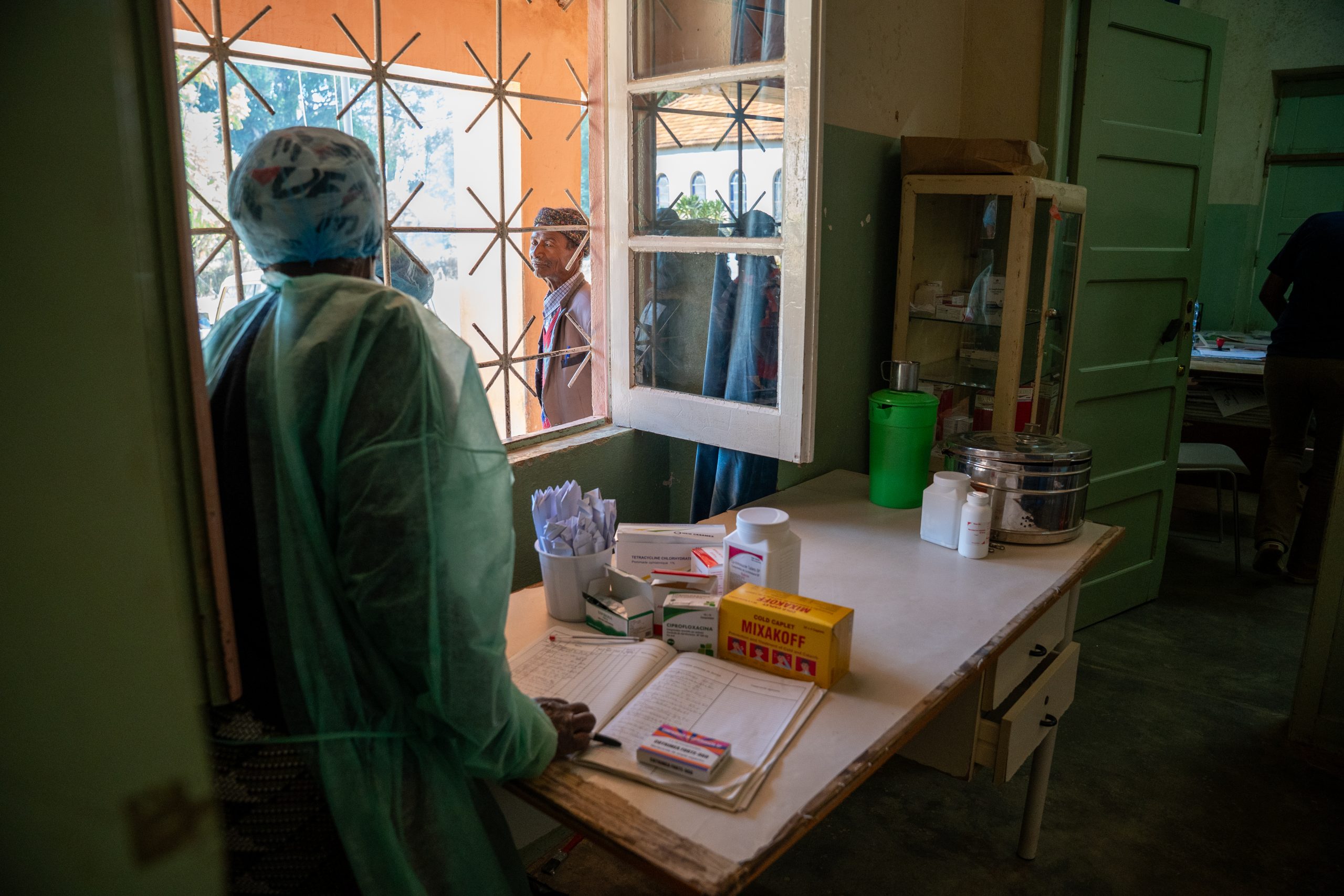
2. What is UK-Med seeing on the ground?
“Upon arrival, we observed that while the Ministry of Health had allocated personnel and established specific infrastructures (CTCs or CTUs), medical staff still needed technical training and expertise in case management, infection prevention and control, and water, sanitation, and hygiene (WASH).
In remote communities, far from urban centers, populations were highly vulnerable due to limited access to healthcare, WASH infrastructure, and knowledge of disease prevention.
Encouragingly, our capacity-building efforts revealed strong motivation and professionalism among health workers, whose eagerness to learn is making a clear impact. Local health authorities have also shown strong support.”
— Gildas Vouc’h, UK EMT Team Lead
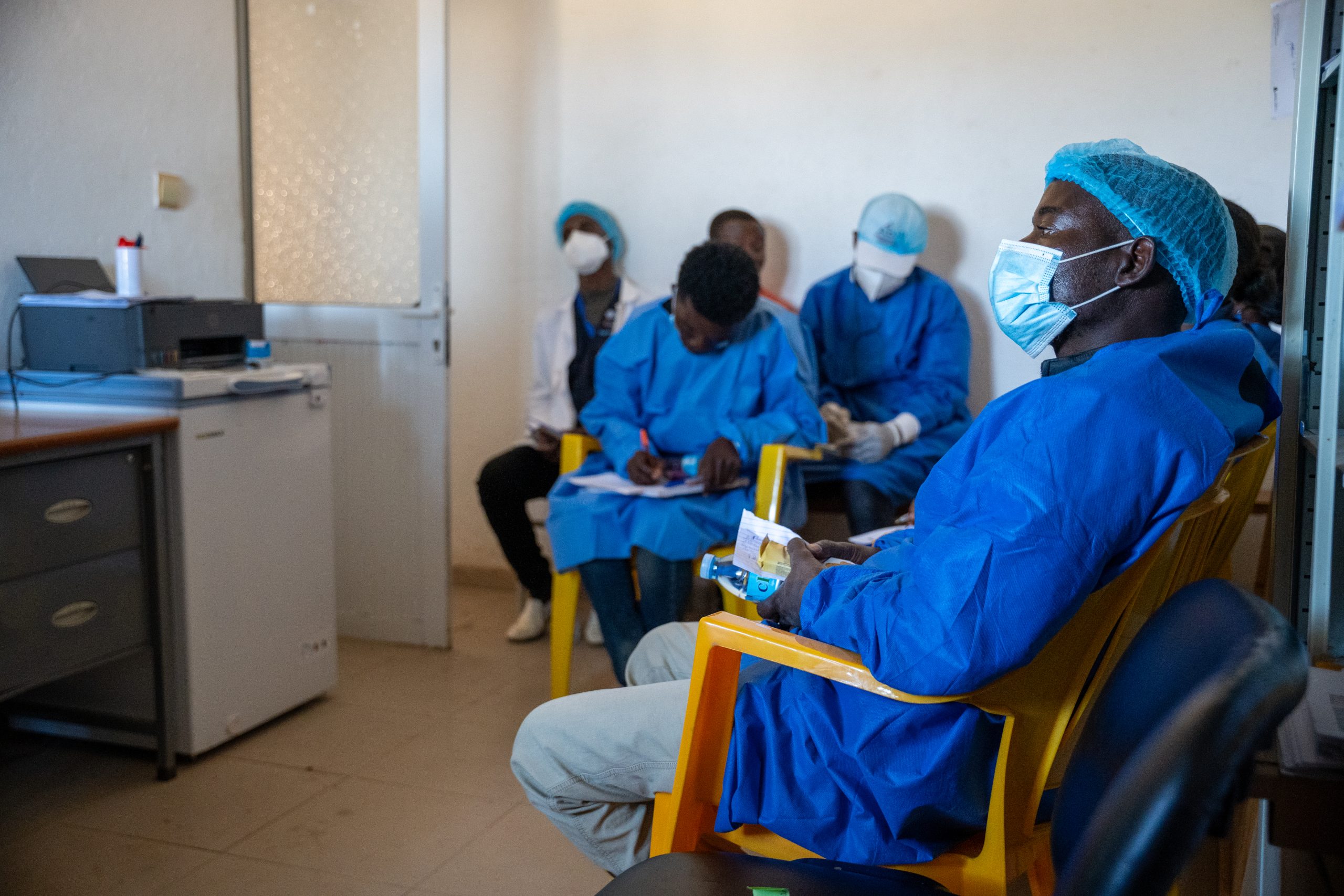
3. What are UK-Med’s key concerns?
Given the ongoing outbreak, the upcoming rainy season , and Angola’s proximity to cholera-affected countries such as Zambia and the Democratic Republic of Congo (DRC), there is a high risk of further spread within Angola and to neighbouring countries.
Angola is also currently facing multiple concurrent public health challenges including poliovirus outbreak, malaria and acute and chronic malnutrition. These overlapping emergencies are placing increased pressure on Angola’s health system.
As an organisation, we believe national actors are best placed to respond in crises, but do not always have access to the expert training when crises hit. UK-Med is strengthening local health response to cholera outbreak by conducting sessions on infection, prevention and control (IPC), water treatment and hand hygiene, and correct application of clinical protocols to support emergency preparedness and develop national capability for this type of outbreak in future crises.
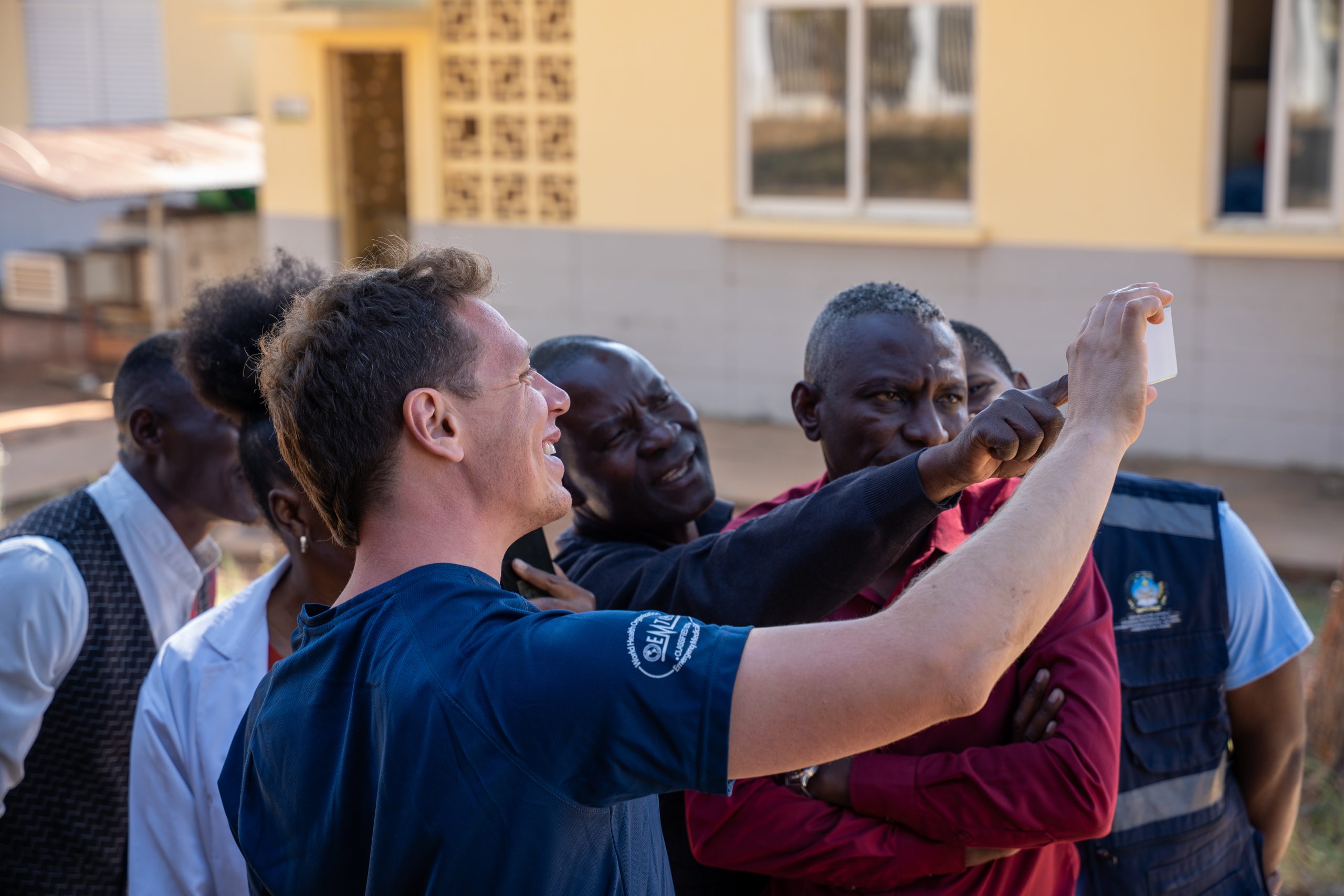
4. What are the main challenges UK-Med is facing?
Needs across the country are high, especially in rural areas, with limited resources to manage the wide geographical spread of cholera cases, UK-Med is working with local actors to find the best ways of working to support the local communities and control/prevent cholera spread to continue.
One of the key issues is the continuation of cholera community transmission, which could indicate delays in people accessing healthcare and limited infection protection protocol with water and sanitation management. To support with this challenge, UK-Med has identified the need for targeted community referral improvements whilst working with the community leaders and local health organisation to provide effective support, via other actors such as UNICEF and Red Cross and the regional Ministry of Health in Huila Province.
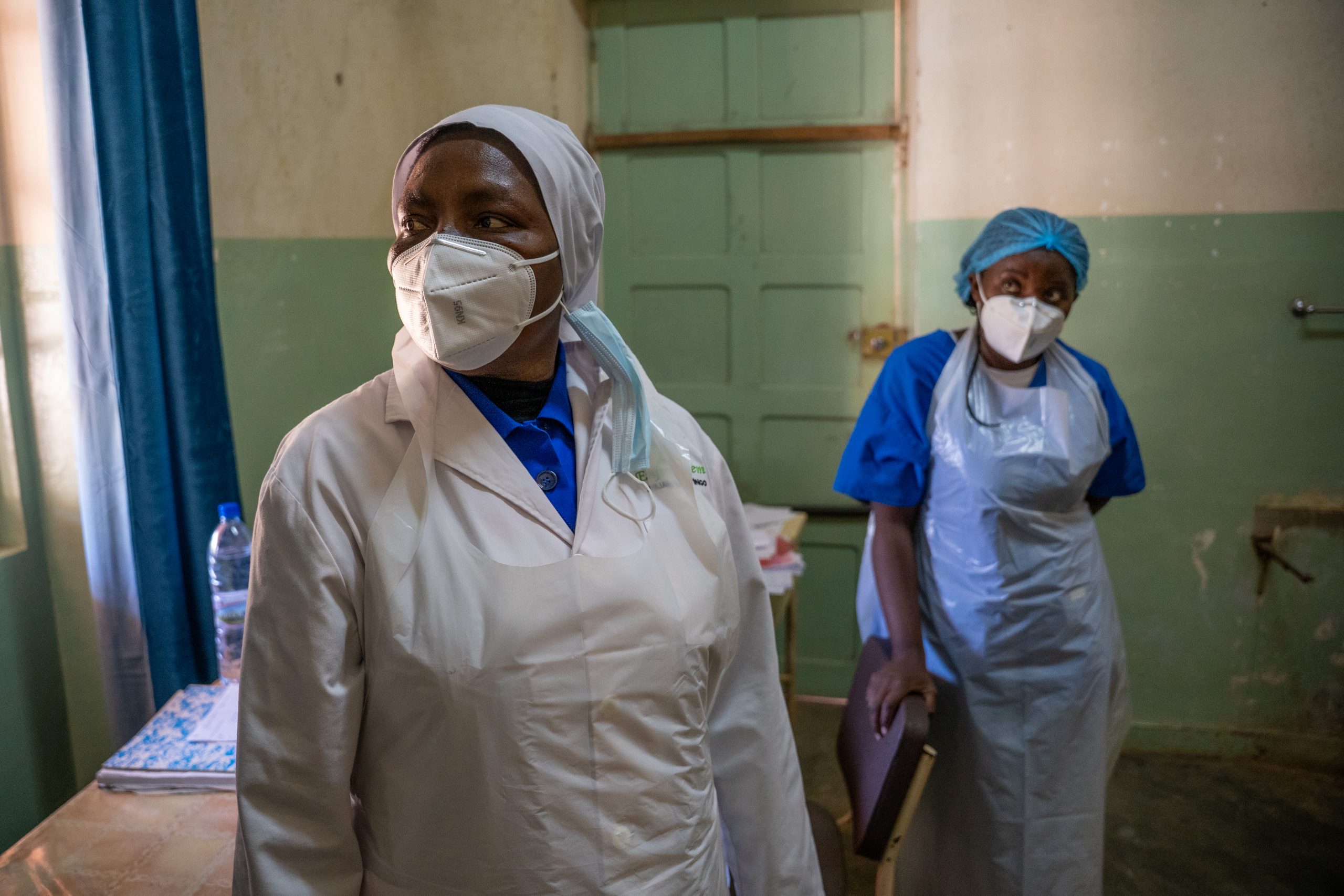
5. What is UK-Med doing to support the health needs?
The team has been collaborating with representatives from Huila Province municipality, alongside various organisations such as UNICEF, WHO, the National Red Cross Society, and local community leaders, to find the best ways of working within the community to tackle the high mortality witnessed.
Training has been provided to local health workers across eight different provinces, reaching over 1500 participants to date. As we are seeing indiscriminate cases across ages, the training sessions concentrated on screening, triage, treatment planning and cholera management in paediatric patients, as well as in pregnant and breastfeeding mothers.
With the rainy season exacerbating the cholera outbreak at the beginning of the year, it is important preparation takes place during the dry season, to train the local healthcare staff for the rainy season, beginning again in October-November 2025.
UK-Med will be continue working in Angola until mid-August, funded by the UK Government to implement this vital work and prepare the local teams on the ground to strengthen their response skills, enabling health services to be better prepared, and protecting the health of the population.
